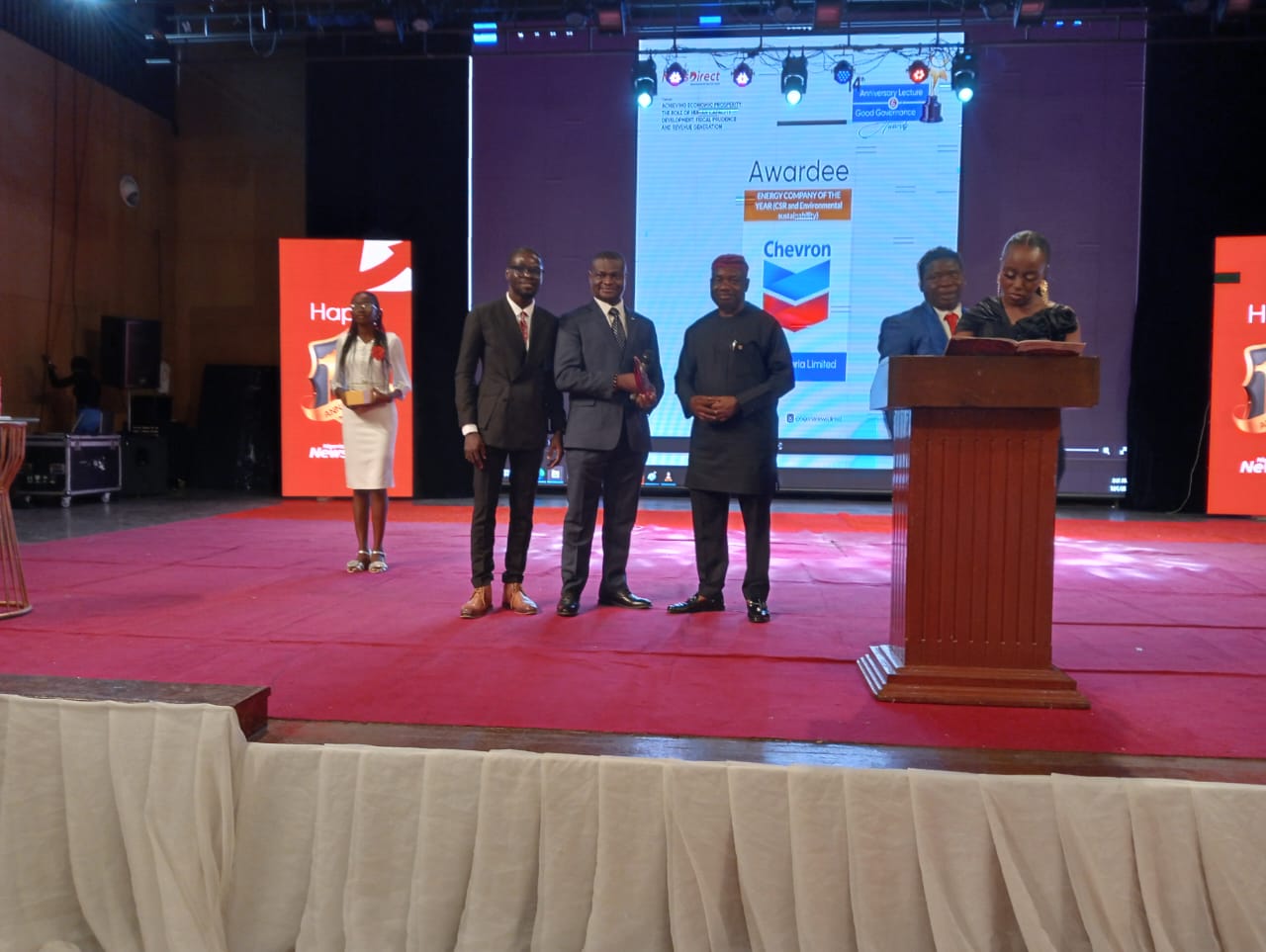Energy
New EU support to provide access to energy to two million people in Africa

BRUSSELS – The European Commission has today announced the results of the first call for proposals of an innovative programme for providing finance to bring electricity to the world’s poorest citizens. This initiative also shows that the EU has been a leader in the campaign to provide Sustainable Energy for All.
Grants of €95 million have been awarded for16 projects across nine African countries to provide access to energy in rural areas, an amount which will be translated into projects costing more than €155 million (through co-financing support by applicants) and bring electricity to more than 2 million people.
Commissioner Piebalgs said: “This shows that real results are being delivered and that the EU is scaling up proven successful projects which have a high impact on poverty reduction through sustainable rural electrification. Energy is fundamental for every area of development; from creating jobs and boosting growth to improving healthcare and enabling people to cook safely. Yet too often, people in rural areas have been left behind – a shocking 84% of those without access to energy now live in the countryside. We need to make sure that our work supports everyone, no matter where they live.”
This is a first step in a new innovative programme to bring electricity to many millions. Over the next 7 years the Commission aims to spend more than €2 billion in supporting energy in Africa. This will, in turn, leverage investments exceeding €10 billion, filling in the gaps for energy infrastructure and therefore allowing businesses, schools, homes and hospitals to get the electricity they require.
In addition, another Call for Proposals targeting rural electrification in fragile states (such as Burundi, Liberia, Somalia and Mali) is currently under evaluation and will deliver more benefits in these countries, where the energy needs are greatest. This will be the next step to ensure that EU’s efforts to provide sustainable energy where it’s most needed bear fruit.
Background
The funding announced today is the result of a ‘Call for Proposals’, which is an EU funding system which enables NGOs, government and private sector organisations to receive a grant for EU Funding based on their proposal for an innovative project.
The countries which will benefit from this initiative are: Madagascar, Burkina Faso, Senegal, Cameroon, Liberia, Tanzania, Sierra Leone, Eritrea, Rwanda. The European Commission will promote another 40 proposals received –but not selected – to private and public donors and development agencies. Therefore, the list of countries and the number of rural population benefiting from the Call results could further increase.
In addition, infrastructure projects financed through our innovative blending instruments and the Technical Assistance Facility available for all Sub-Saharan African countries are already delivering results and contribute to the EU support for Sustainable Energy for All objectives.
Worldwide, about 1.3 billion people have no access to electricity. Up to a billion more have access only to unreliable electricity networks. More than 2.6 billion people rely on solid fuels (i.e. traditional biomass and coal) for cooking and heating.
A well-performing energy system that improves efficient access to modern forms of energy would strengthen the opportunities for the poorest people on the planet to escape the worst impacts of poverty. Access to energy provides people with the means to generate income – and that in turn creates wealth and new markets.
Energy
Dangote Partnership: MRS Urges Nigerians To Insist On N935/Litre Petrol Price Nationwide

MRS Oil Nigeria Plc, a prominent player in the Nigerian downstream oil industry, has implemented a new petrol price of N935 per litre across all its retail service stations nationwide.
The company has also called on Nigerians to monitor and report any outlets that fail to adhere to the new price structure.
Biztellers reports that this is consequent upon an announcement by the President of Dangote Industries Limited, Aliko Dangote, that the Dangote Petroleum Refinery has partnered with MRS Oil and Gas to offer petrol at N935 per litre at retail outlets, following a reduction in the ex-depot price from N970 to N899.50 per litre.
ALSO READ: Dangote Slashes PMS Price To N899.50k
It was gathered that MRS Oil Nigeria Plc has instructed all its outlets to implement the new price immediately, setting up a digital platform and monitoring team to ensure full compliance.
In a statement on Monday night, the company declared, “Petrol is now being sold at N935 at MRS Filling Stations nationwide. If you find any station not following this price, please report it. Call 08009447853 or email: NG-FMKPMGWHISTLEBLOWING@NG.KPMG.COM”
Emphasising the eco-friendly nature of its products, MRS Oil added, “We call on all petrol station owners to join MRS Oil Nigeria Plc in improving the supply chain of our beloved country, ensuring product quality and availability in every corner of Nigeria for the benefit of all Nigerians.”
In Lagos, commuters were seen queuing at MRS filling stations to purchase petrol, with many expressing their gratitude to the Dangote Petroleum Refinery and MRS Oil and Gas, urging other marketers to support the indigenous refinery rather than import off-spec products into the country.
A commuter at the MRS station at Alapere on the Lagos Ibadan Express way, Ibukun Phillips, could not hide her joy as her husband filled up their car.
“I am very happy today. This is a victory for Nigeria,” she said. “The price reduction is the best gift of the season. But beyond just the reduction, we are buying standard, eco-friendly petrol at a lower rate. My husband and I have decided we will only be using MRS from now on because we are confident in the quality of the product and supporting the economy.”
A commercial bus driver, Adio Ajibade described the price reduction as a great relief, especially during the festive season.
“The reduction is a great relief. It will reduce transportation costs and benefit Nigerians. God will continue to bless Alhaji Aliko Dangote,” he said.
A public affairs analyst and university lecturer, Dr. Tunde Akanni, said the collaboration between Dangote Petroleum Refinery and MRS Oil represents a significant step towards improving the affordability, quality, and sustainability of petroleum products in Nigeria.
According to Dr. Akanni, “this move will not only help ease the financial burden on Nigerians but also promote a more environmentally conscious approach to fuel consumption, benefitting both the economy and public health in the long term.”
Energy
FDI: Shell To Invest Billions Of Dollars On Nigeria’s Bonga North Oil Field

As a direct implication of the Federal Government’s Foreign Direct Investment drive, the Royal Dutch Shell has completed the final investment decision on the deep offshore Bonga North project in Nigeria.
Biztellers reports that the Bonga North will be a subsea tie-back to the Shell-operated Bonga Floating Production Storage and Offloading (FPSO) facility which Shell operates with a 55% interest.
Shell’s Integrated Gas and Upstream Director, Zoë Yujnovich, said, “This is another significant investment, which will help us to maintain stable liquids production from our advantaged Upstream portfolio”.
ALSO READ: OGUNCCIMA Commends Dangote Refinery’s Impact
It was gathered that the Bonga North project involves drilling, completing, and starting up 16 wells (8 production and 8 water injection wells), modifications to the existing Bonga Main FPSO and the installation of new subsea hardware tied back to the FPSO.
The company is optimistic that the project will sustain oil and gas production at the Bonga facility.
The Bonga North currently has an estimated recoverable resource volume of more than 300 million barrels of oil equivalent (boe) and will reach a peak production of 110,000 barrels of oil a day, with first oil anticipated by the end of the decade.
In addition, the Bonga North will help ensure Shell’s leading Integrated Gas and Upstream business continues to drive cash generation into the next decade.
Energy
Chevron Nigeria Bags ‘Energy Company Of The Year For Environmental Sustainability And CSR

Chevron Nigeria Limited (CNL), has received an award as “Energy company of the year (2024)” for its Environmental Sustainability and Corporate Responsibility accomplishments.
The award presented by the Nigerian News Direct newspaper, on Friday December 6, 2024, and was received by Manager Communications, Chevron Nigeria and Mid-Africa Business Unit, Victor Anyaegbudike, at a colourful event at the Grand Ballroom of the Oriental Hotel, Lagos.
ALSO READ: Stakeholders Hail NCDMB As Local Content Level Hits 56%
The organizers of the award noted that Chevron has implemented the “Protecting People and the Environment” policy, which aims at preventing injuries, illnesses, and environmental incidents. They also referenced that the company has achieved 97% gas flaring reduction in its operations in Nigeria, while implementing waste management and environmental conservation programs.
According to the media organization, Chevron Nigeria has also invested millions of dollars in community development programs, supporting education, health and economic development initiatives that have benefited thousands of people, while ensuring diversity, inclusion, and employee engagement in its business operations.
Receiving the award from the Lagos State Commissioner for Information and Strategy, Gbenga Omotosho, Anyaegbudike thanked the organizers for the honour, and reiterated Chevron’s commitment to continue to develop, affordable, reliable and ever-cleaner energy that enables human progress around the world.















